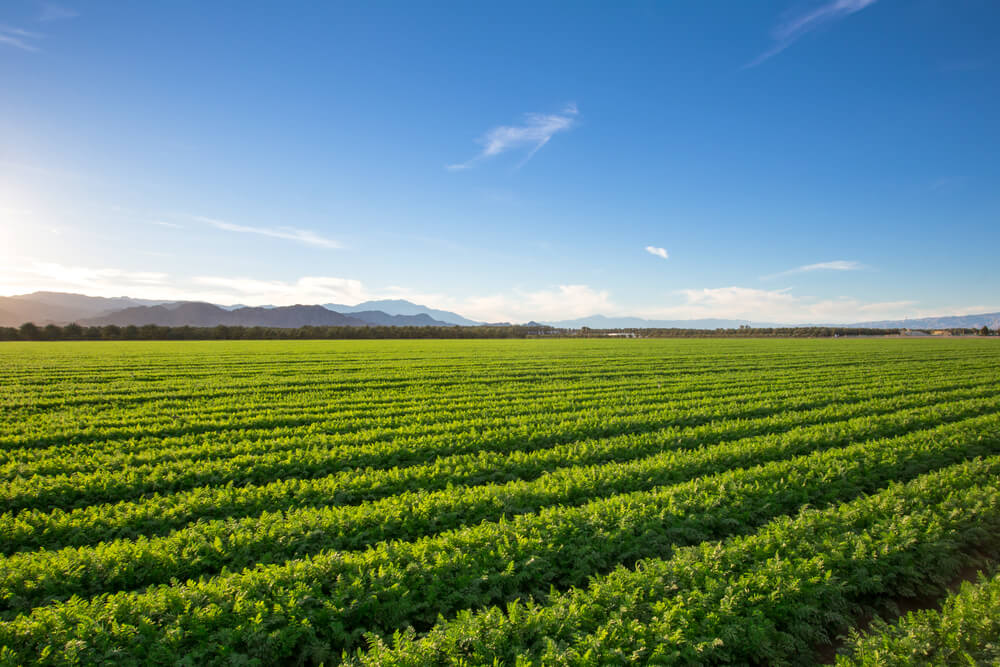Larger organic farms are more likely to use fewer sustainable farming practices, a new study finds.

When it comes to sustainable practices on organic farms, bigger is not always better.
In fact, large-scale organic farming practices often more closely resemble those of conventional farming, while smaller-scale organic farms often embody more sustainable approaches, according to new research out of Cornell University.
The organic farming sector, responsible for 15 percent of all retail produce sales, is often spoken of and analyzed as if it is one homogeneous entity. One goal of the study was to highlight the various ways in which organic agriculture is managed across the US.
“There is not a lot of empirical evidence characterizing how diverse organic farmers manage their operations in relation to conventionalization,” says lead author Jeffrey Liebert, a PhD candidate at Cornell’s School of Integrative Plant Science. “Assessing the use of agroecological practices by farm size (small, medium and large) was one way to illuminate these differences.”
The study, published in Nature Plants last month, dug into data from 524 organic fruit and vegetable farms, finding that organic farming on large farms had more similarities with conventional farming practices and focused less on sustainable practices that are more closely aligned with the organic farming ethos.
More specifically, the research shows that sustainable planting practices such as intercropping (growing two or more crops in close proximity), insectary plantings (planting vegetation that attracts certain insects) and border plantings (planting a strip of a cover crop boarding a field to reduce sediment load in the water leaving it) are 1.4 times more likely to be used on small organic farms.
The researchers also looked for more signs of conventionality on the farms, such as lower crop diversity and high-volume focus, and found that larger organic farms were more likely to use conventional-adjacent practices.
The large farms often relied on inputs allowed under organic farming regulations—in place of conventional synthetic pesticides or fertilizers—instead of focusing on more sustainable, agroecological practices that the smaller organic farms used.
For the purposes of the study, a small farm is defined as one with up to 39 hectares of cropland, while a large farm is anything equal to or greater than 405 hectares of cropland.
Size is only one of a large array of variables that impact practices across organic agriculture, but researchers honed in on farm size in hopes of providing a useful proxy to understand more about the sustainability characteristic of organic farms across the country.
“Understanding the ways in which agroecological practices are used differently across farm size, along with some of the factors that have shaped such differences in management, might help researchers, extension educators, practitioners and policymakers—in collaboration with farmers and farmworkers—develop more impactful policy initiatives, extension services, incentive programs or other forms of support,” says Liebert.
Despite the study linking farm size to sustainable practices, Liebert points out that the findings are more nuanced than the idea that small organic farms are more sustainable than their larger counterparts.
Instead, he says, “Management approaches can be highly diverse across organic farms, and there can be different motivations and deterrents that shape farmer decision-making on farms of varying size. Understanding how these factors interact at different farm scales might reveal overlooked levers that can facilitate increased adoption of agroecological practices or create new pathways towards a more sustainable future.”
Resemble conventional farming? Well considering that conventional usually beats organic at yields and the environment. That is a good thing.!